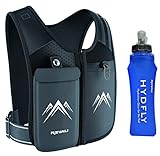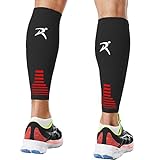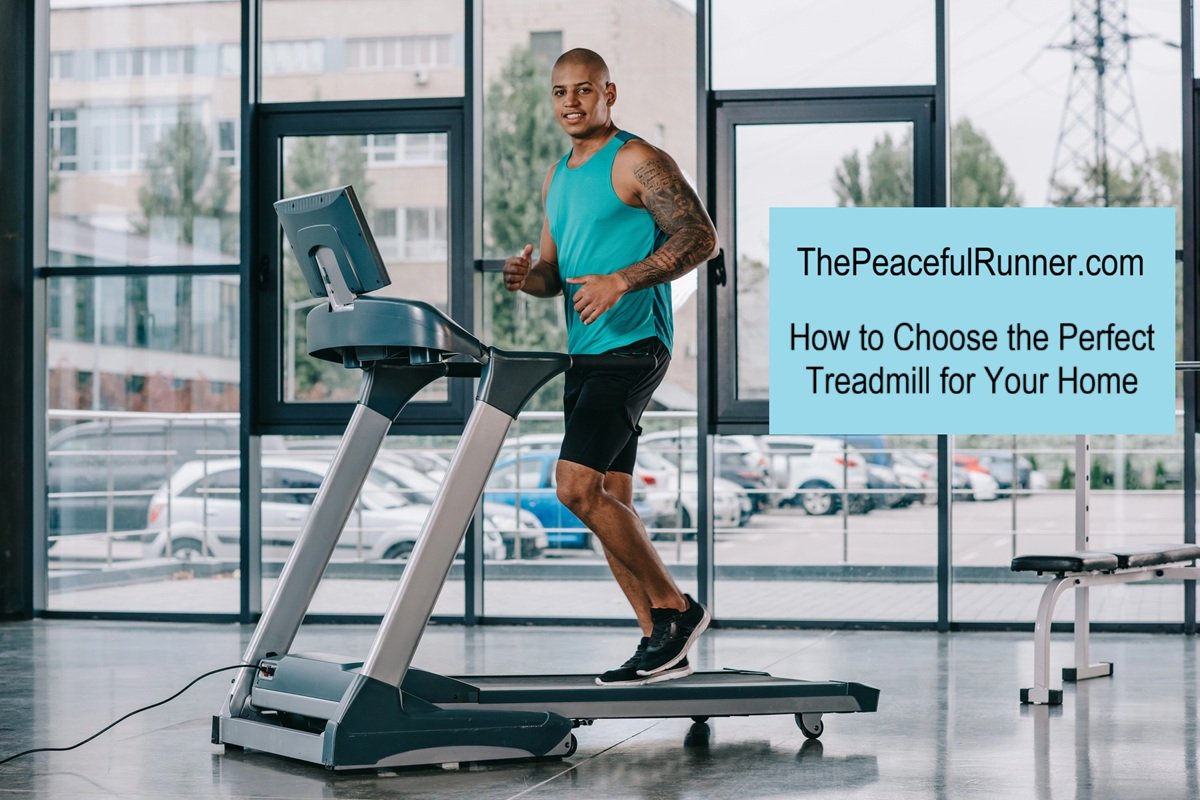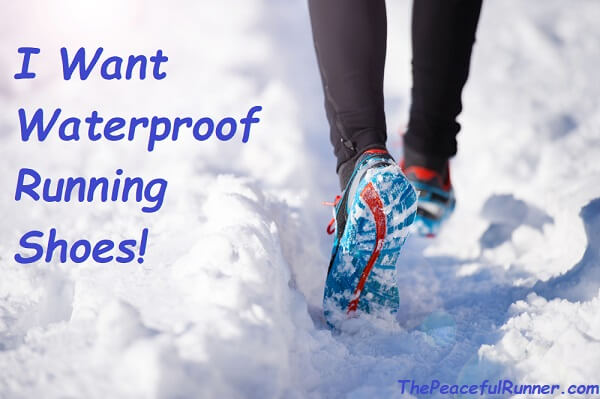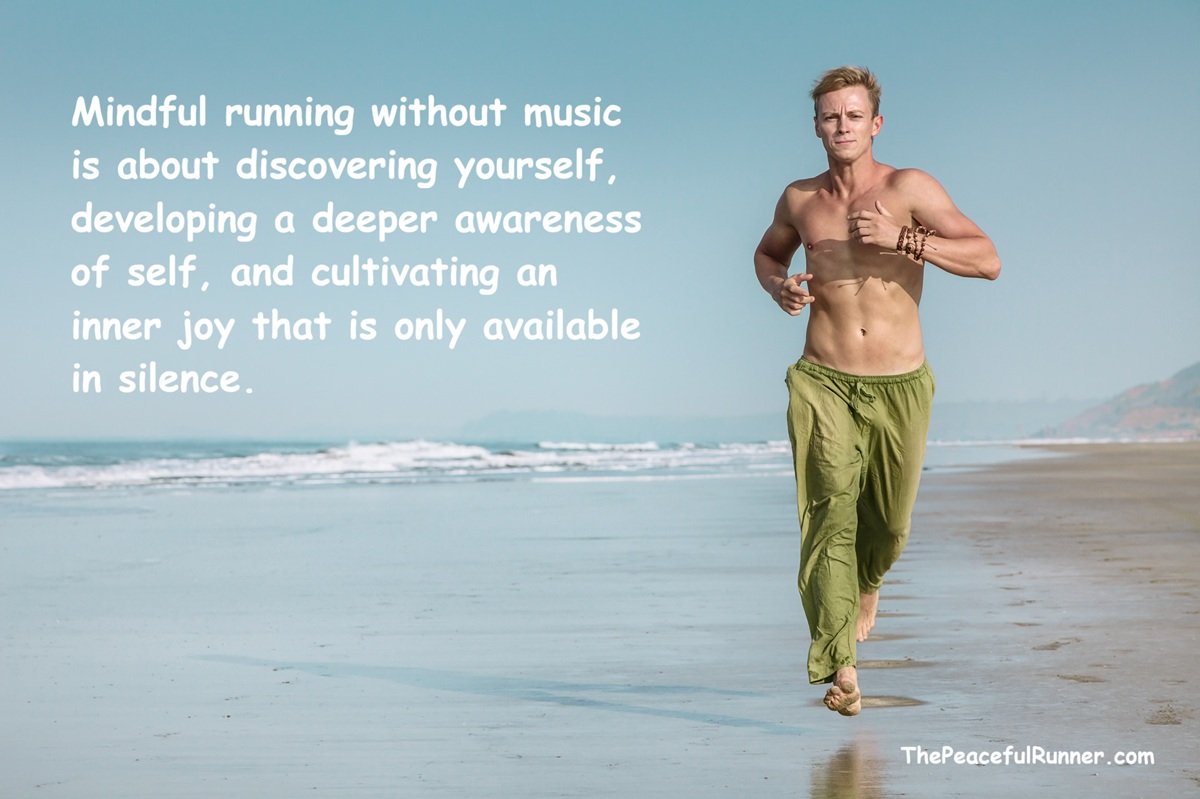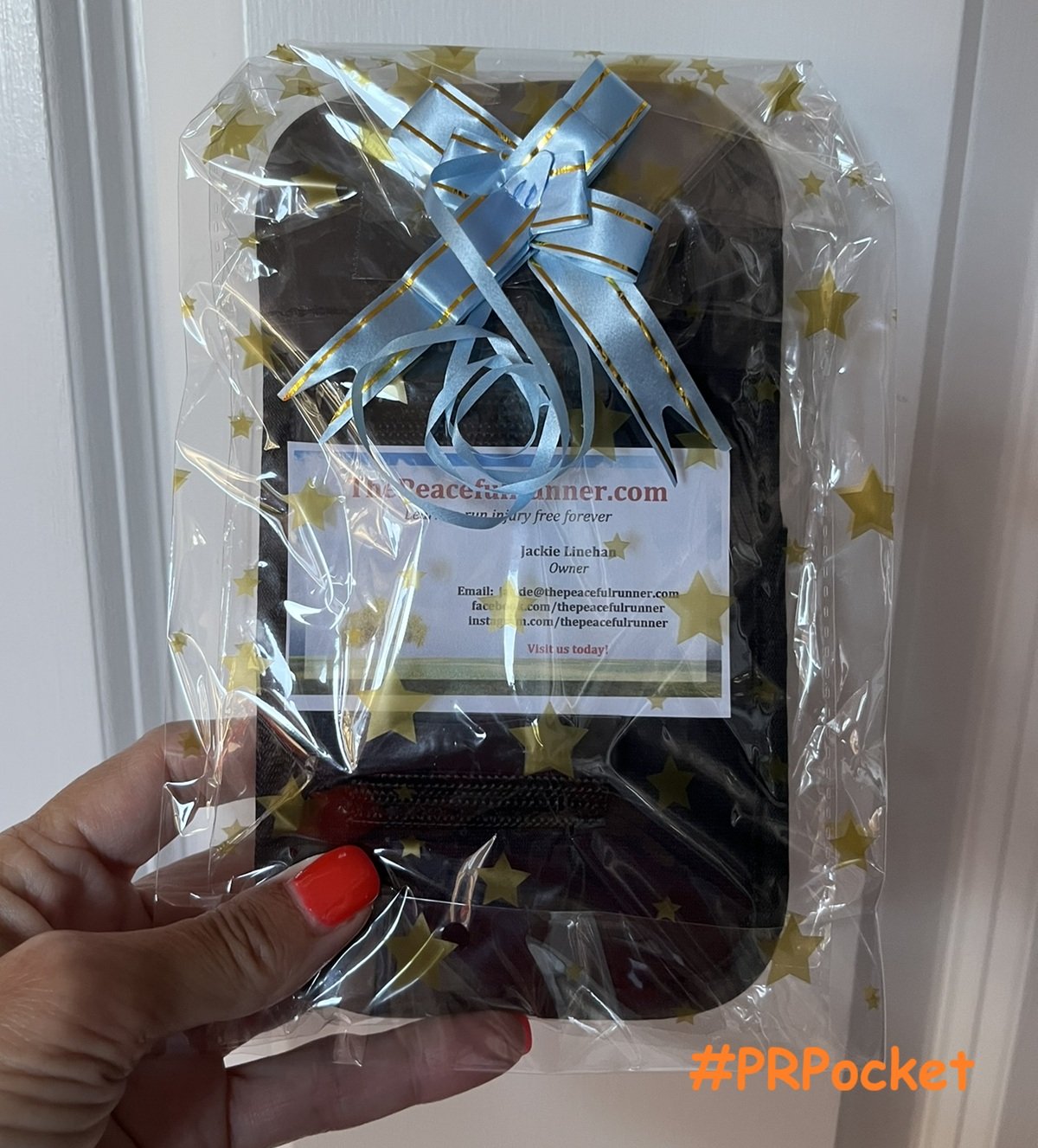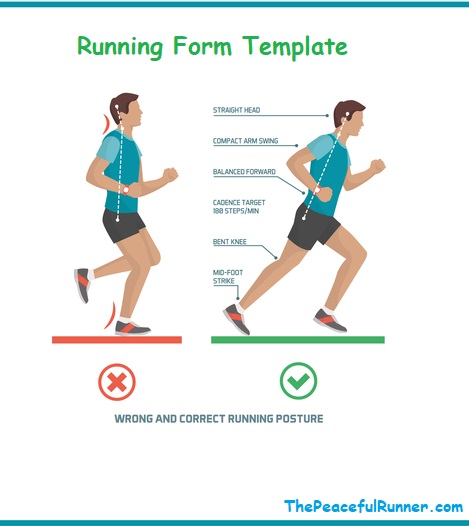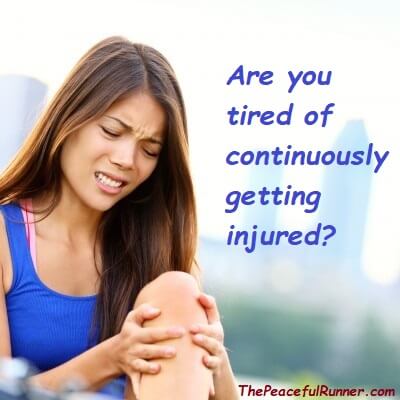Avoiding Running Injury
by David Bohmiller
(Framingham, MA, USA)
We've Been Pretty Fortunate In Avoiding Running Injury
Knock on wood!
We've had good fortune in avoiding injuries from running (whether too much, too little, or with bad form).
Though we played a number of sports while growing up, many of which included running some sort of distance, it wasn't until after university that we sort of became "runners."
That was a byproduct of being surrounded by tons of optimistic people, who had such extreme confidence in taking on challenges of various sorts (again, many of which included running), that we couldn't help but hold that same level of belief in ourselves.
The result? Lots of time signing up for lots of races all over the continental USA.
What Helped In Preventing Running Injury
What helped us the most in remaining uninjured was our knowledge base, mostly from a degree in Physical Education and Exercise Science, coupled with our Strength and Conditioning certifications, and "time in the trenches" training ourselves and clients of all ages and abilities.
What we took from all of that was sort of a hybrid approach to training. I wouldn't say that we were ahead of our time at all. More so, there were a great many people who maybe were not as open-minded to comprehensive fitness program design as we (and our clients) were.
Here's What Helped the Most
If we were to create a bulleted list (guess what's coming up!), we'd say (in no particular order):
- Starting off slowly - We often say, "Get it right, get it slow, get it fast." That approach has worked wonders, especially where so many involve themselves in the running vs walking debate. We say there is no debate; both can be extremely useful in building the foundation necessary for success.
- Flexibility & Mobility - Too many runners don't have a pre-run or pre-race routine. Many just put on their running shoes and go. You might get away with it for a little while, but we've found that strategy to be a precursor to injury. Foam rolling, static stretching, dynamic flexibility, and a dynamic warmup can and should all be incorporated in some capacity.
- Strength Training - We don't mean bicep curls and tricep press downs. Focusing on single joint movements won't do much for most runners, barring injury where you might be working back to a level of harmony surrounding a joint or with focus on a certain movement. More of your time (runners really seem to dedicate so little time to this) in running workouts should be invested in compound movements. Even though it sounds cliche, the "more bang for your buck" exercises will be time efficient and will lead to more profound and lasting result.
- Crosstraining - Here in New England, we enjoy the 4 seasons, which means that some months of the year aren't as friendly as others for certain sports and activities. With that, we look forward to mountain biking, snowshoeing, running, rucking, swimming, hiking, and all sorts of other "ings." We believe that variety helps to ensure that we aren't encouraging running injury through too many repetitions through one range of motion. Rather, we allow our bodies to experience, practice, and improve upon functional movements that will strengthen us for the next season's activities.
- Rest & Recovery - If you want to set a PR (personal record) in your running, it may be good to put a bit more focus on setting a PR where it comes to sleep. A well-rested body is one that heals itself well, allowing for greater focus on training (and all those other things in life besides running!). Get those Zzzzzzzs.
- Consistency - Lastly, but not leastly is doing all of this on a routine basis. The plan that works is the one that you show up for, not necessarily the one that is the best written (although that's always nice when you're able to accomplish both!).
One Piece of Advice About Avoiding Running Injury
Where I've been a certified health and fitness professional for nearly 20 years, I'm very conscious of what is within, and what is outside of, my scope of practice. I consistently refer out to physicians, physical therapists, and other health and medical professionals where necessary. Be you own best advocate, and make sure you're seeking out the appropriately certified and/or qualified professionals for your needs, and not just a jack of all trades.
About the Author
David Bohmiller is a runner, biker, hiker, and lover of all adventures. He is also a health and fitness professional, holding a degree in Physical Education & Exercise Science, the NSCA CSCS certification, and the NSCA TSAC-F certification, while managing a Marathon Running site. Hopefully, he'll see you out there on the roads, trails, and mountains some day! Happy Running, all!
NEW FEATURE - DISQUS COMMENTS!
Login using Facebook, Twitter, Google or Disqus.
Loading Comments
#disqus_thread {
min-height: 200px;
}
Recent Articles
-
Have you ever had a run where everything suddenly felt effortless?
Dec 18, 25 11:01 AM
-
How to Choose the Best Treadmill for Your Home
Dec 10, 25 07:13 AM
-
Winter Running Tips and the Best Waterproof Running Shoes
Nov 15, 25 01:55 PM
-
When the Music Stops, Awareness Begins
Nov 05, 25 10:54 AM
-
Get yours in time for gift giving!
Oct 24, 25 12:32 PM
-
Change How You Deal with Running Pain
Oct 10, 25 08:53 AM
-
Surprising Benefits of Backwards Running
Sep 15, 25 12:40 PM
-
It's an Awesome Product!
Aug 28, 25 09:25 AM
I went out for a walk this morning and I used the #PRPocket for the first time. I had to check at least 3 times because I thought I lost my phone (iPhone -
Running in Hot Weather: What Every Runner Needs to Know!
Aug 14, 25 01:00 PM
-
Sick of Dieting? You’re Not Alone — And There Is a Better Way.
Jul 30, 25 12:18 PM

